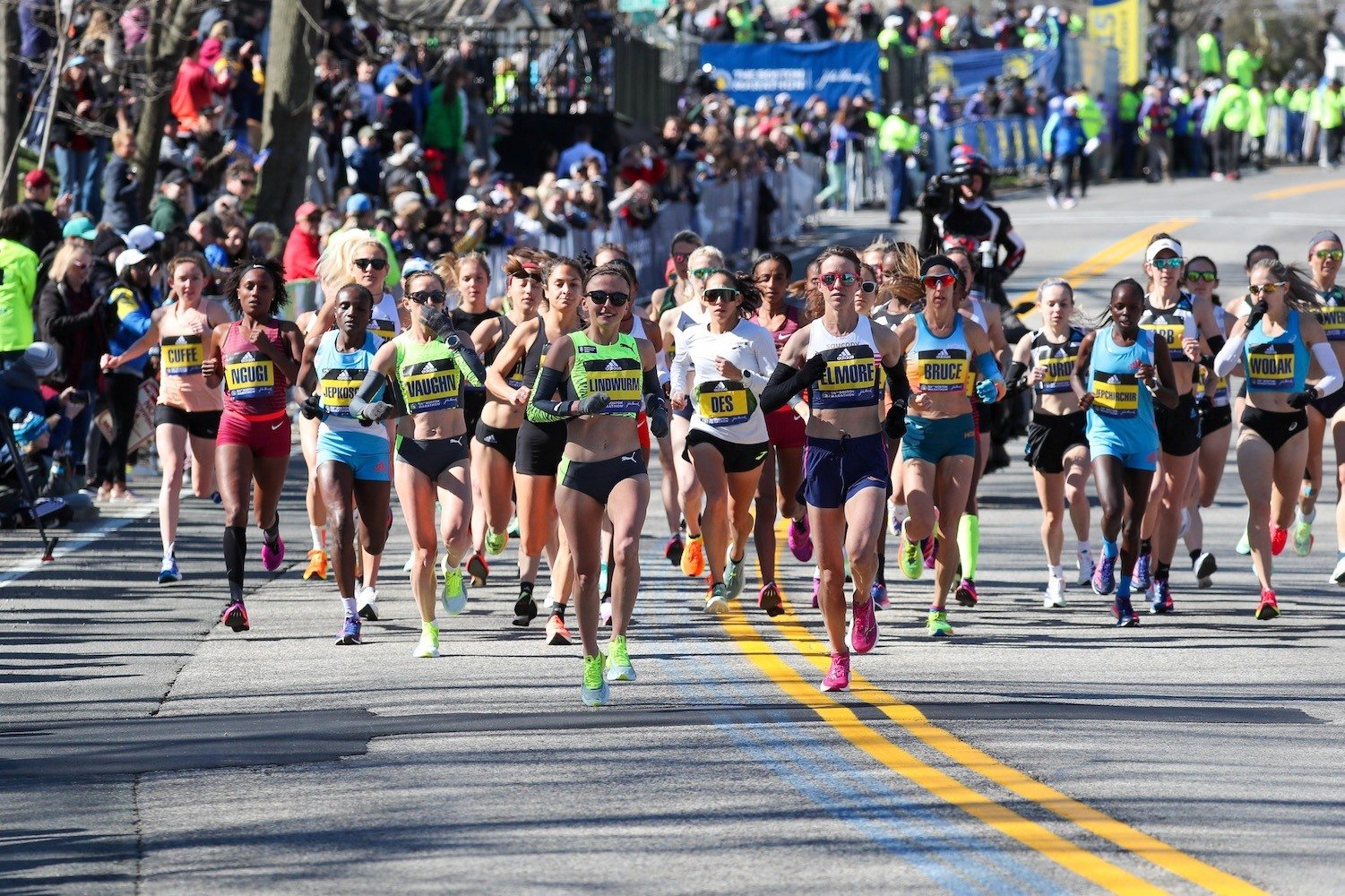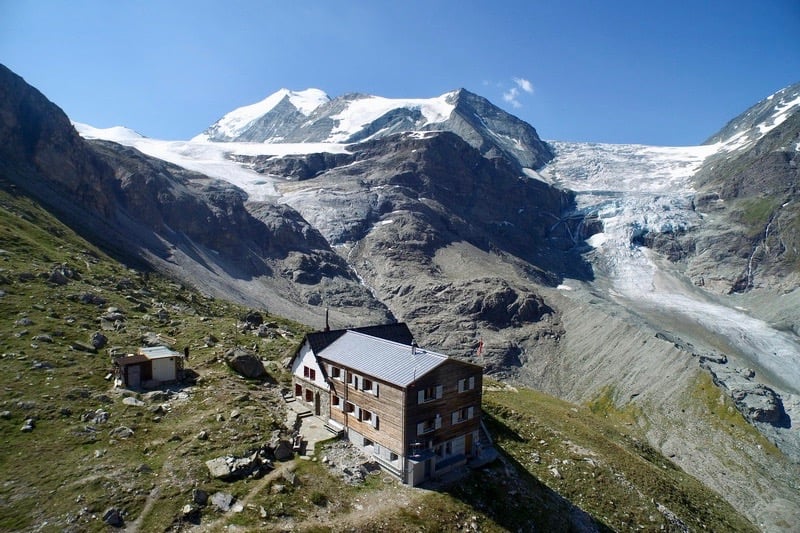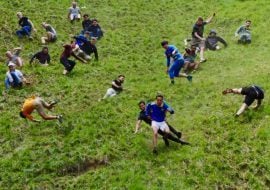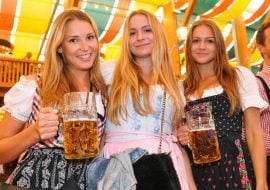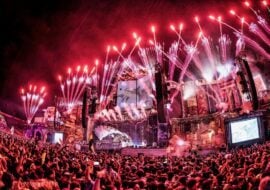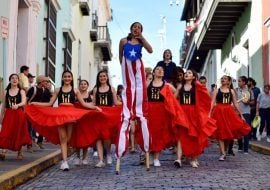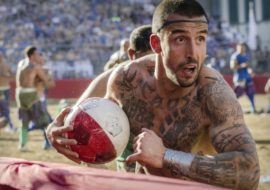Urban Running: The Underground Crews Changing the Face of Running


Urban Running Taking Over The City
I’ve always been a hyperactive child. Not really able to stay still nor focused. Joining the local athletics club seemed like the wisest move and a natural outcome of my relentlessness. During the long teenage years, when kids don’t really know where they belong, the track became my home. Running was my therapy and my teammates became my family, encouraging me to run more and faster. I still remember the smell of the red track, the joy, the tension before competitions, the laughs and the massive shots of energy that would have never come back.

Photo Credit: BGR – Bergamo Running
But as I grew faster and faster, it stopped being a game and started to morph into something else. Professional athletics are made of sweat, sacrifice, pain and hard work, especially if you’re into long-distance running. As I became faster than everyone else, I also became lonelier. The joy of the family was gone, I was alone fighting ever winning opponents: the personal best, the next mile, the next big competition. Responsibilities towards my club and the National Team started to grow bigger and bigger. A professional young athlete is not just a healthy kid trying its best on the track and field. It has an economic value. It can be bought and sold and, as it becomes the property of a major team, it transforms into a full-time employee.
“Urban running crews are taking running outside of the strict world of elite athletes and the stale scene of old people gatherings on Sunday mornings”
Your body becomes a mean of making money. Too precious to be spoiled with drinks with friends or your grandma’s cakes. Too valuable to risk any injuries skiing or surfing or doing anything fun or adventurous. The joy was gone leaving space for anxiety, eating disorders and exhaustion. I quit at seventeen, just before it could break me, swearing I would never wear running shoes again. I had no choice, back in the first 2000’s running was either the domain of elite athletes or the stale scene of old people gatherings on Sunday mornings.

Photo Credit: Run Dem Crew
But in the last years, something started to change. As I eventually put running shoes on again, I discovered there is a whole world of urban running crews out there that also run the city streets at night, thriving outside of the institutional network of athletics clubs and competitions. They gather when the darkness descends and the city becomes a different place. They run to forget about issues, to ease the mind and to connect with the body. Speed in itself is not a goal. The goal is becoming the better version of oneself, encouraging fellow crew members, getting in people that never ran, taking the clubbers on the race field.
Urban running events are shaping a new conception of the running culture
These are not running clubs, these are crews. There’s no completion involved. Each member is a treated as a friend. Instead of ego, there’s crew love: everyone is looking out for each other. This is a run-party-repeat style of running. A movement that was born in NY (Bridge runners), London (Run Dem Crew) Paris (Paris Running Club) and Copenhagen (NBRO) and quickly spread all over the world. There are now crews in Beirut and Manila, in Seoul and Mexico City.

Photo Credit: Run Dem Crew and Eternal Eagles Rome
An underground movement that is inspiring a new generation of runners to hit the pavement together. Some of us only come out at night. Some never stepped foot on a track. Some never defined themselves as athletes. Yet we are all inspired by a common philosophy and by the idea of using the pavements of our cities as a playground.
Crews come together to Bridge the Gap
The idea is literally to bridge the gap between cultures through running. On these occasions, the hosting crew tries to find a free accommodation for the guest crews and organizes night parties and urban activities. It’s an occasion to experience the city together and to share passion and energy. Check out the pictures of the last Bridge the Gap event in Milan, hosted by Red Snakes Milano.

Photo Credit: BGR – Bergamo Running
“Cool is irrelevant to me,” sais Charlie Dark, founder of Run Dem Crew in London “my main interest is people’s personal stories and journeys. I don’t care about cool. I spent a large amount of time in an industry that was cool and I know cool is very replaceable.” Underground running crews are shaping a new conception of the running culture. Bringing together different souls to chase similar goals. This is Bridge the Gap.
Are you curious to discover if there’s a crew in your city that you can join? Being an underground movement you will have to follow the clues and find your way through Instagram accounts and #BTG trend on Instagram. Start with this video, where most of the crews are listed.
Keen on long runs? Then check out Rad Season list of six must-do marathons in Asia and the account of the South African Two Oceans Marathon.
Last updated on Jun 13, 2018Have you subscribed to our Newsletter or Podcast? Listen to us on Apple Podcast and Spotify and follow us on Facebook, Instagram Twitter and YouTube.
